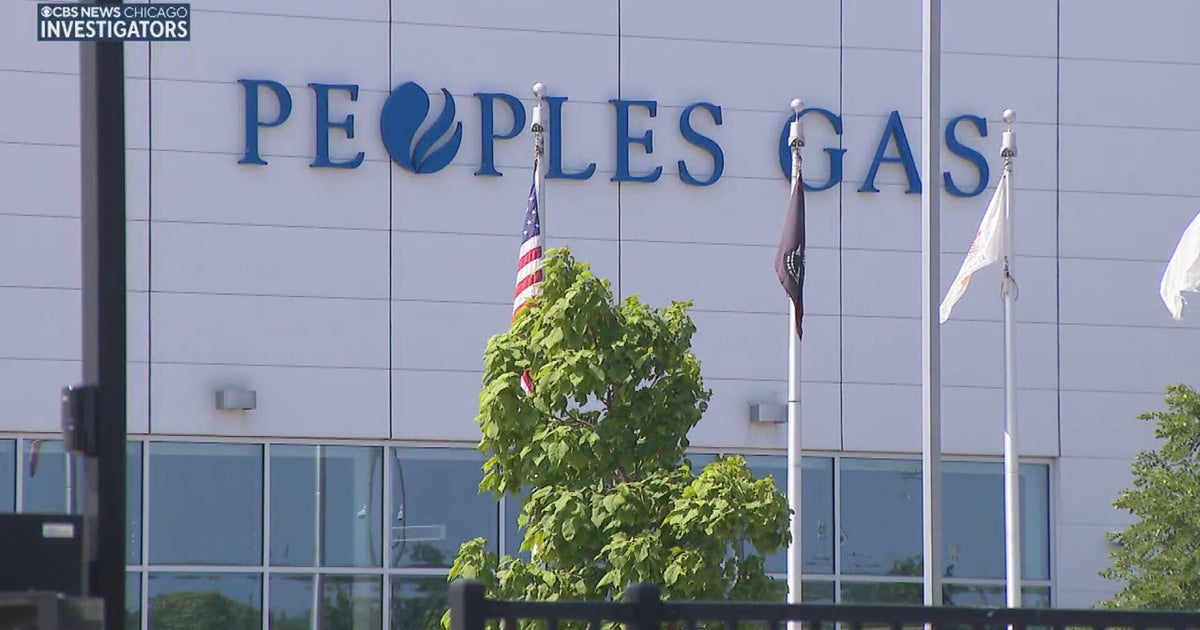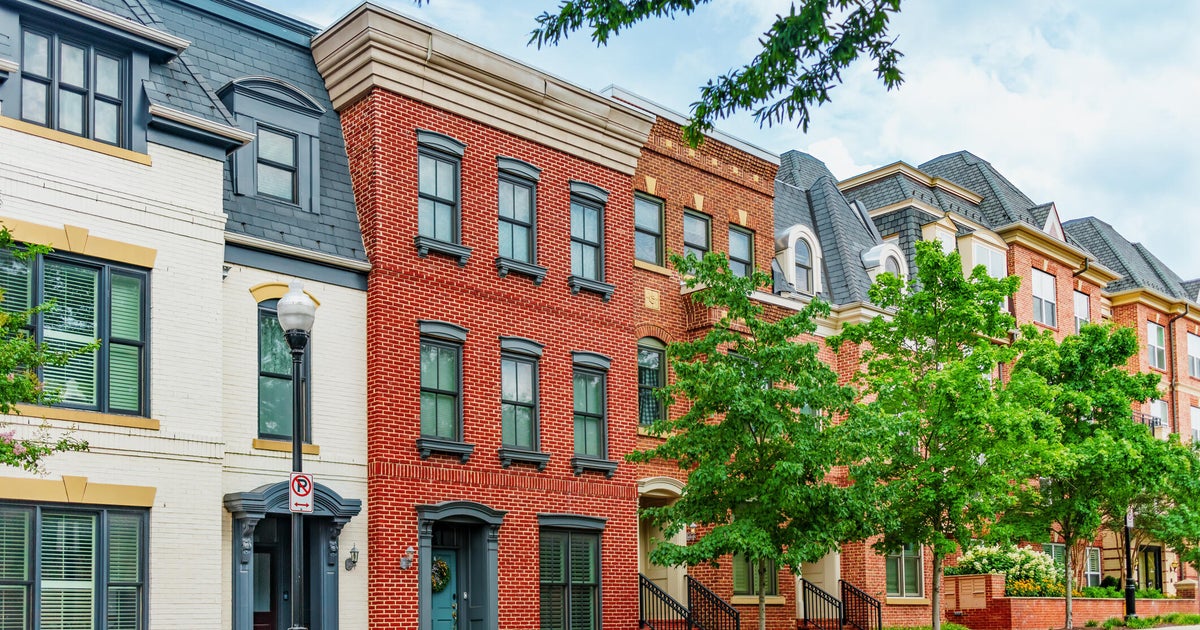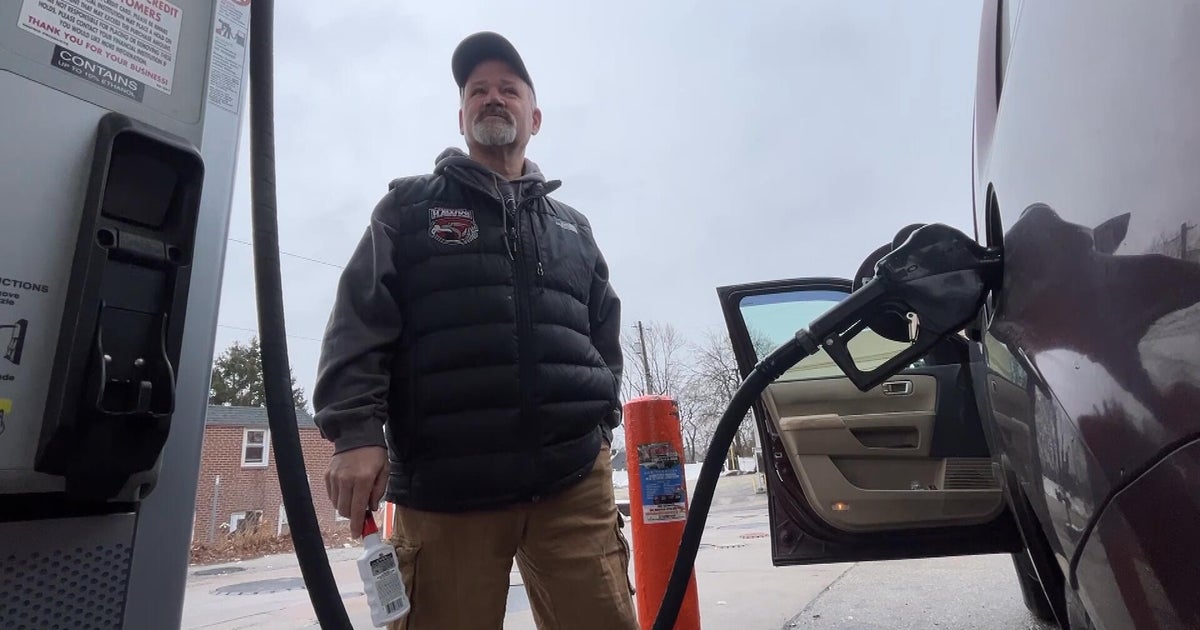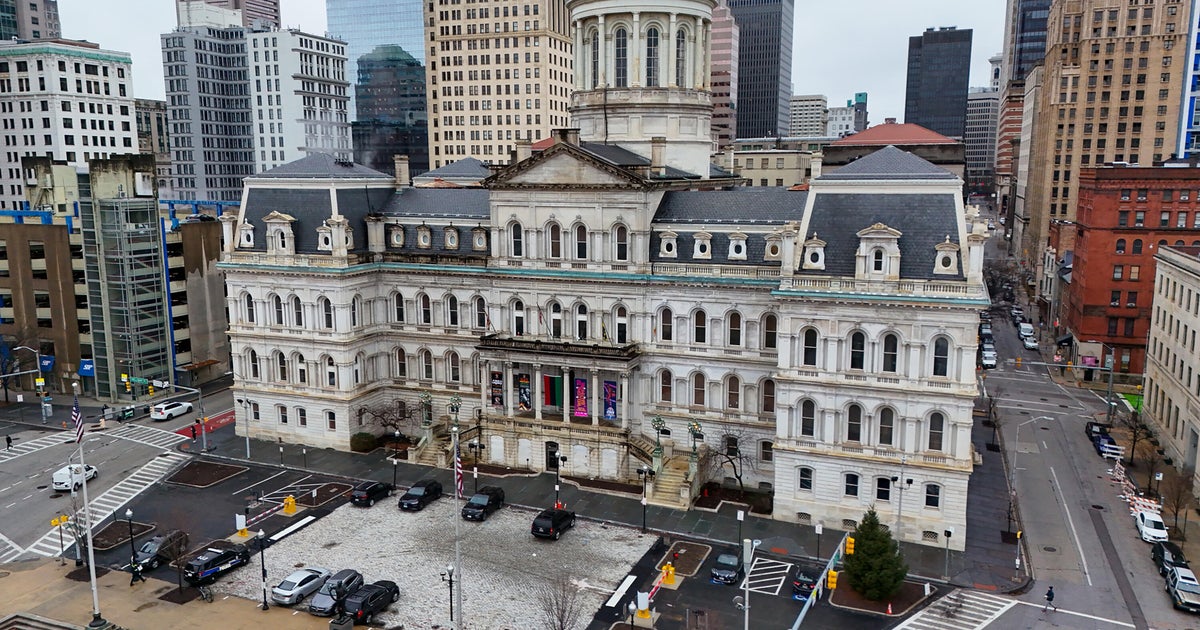Federal Reserve's interest rate hike makes it more costly to borrow money
PITTSBURGH (KDKA) - The Federal Reserve raised interest rates on Wednesday to combat inflation in its highest single rate hike since 1994.
KDKA money editor Jon Delano talked to local experts about exactly what this means for us in this region.
Largely spurred by high energy and food prices, the inflation rate of 8.6 percent is well above the Federal Reserve's goal of 2 to 3 percent. So the Fed hopes making money more expensive to borrow will slow down everyone's spending.
"The way you control inflation is by contracting the money supply. You've noticed we've got this tradeoff here. You can live in a world with low interest rates and more inflation, or you can live in a world with less inflation and more interest rates," says Duquesne University Professor Antony Davies, an economist.
Davies says the Fed has opted to make it more expensive to borrow money, and that will impact consumers with credit card debt and other variable rate loans.
"If you have a variable interest rate on your car loan -- everybody has variable interest rates on their credit cards -- those sorts of rates are going to go up. Longer term interest rates are going to stay where they are for the moment," says Davies.
"If you have a fixed-rate loan, that is your rate for the life of your loan - all 20 years, 30 years, 15 years - whatever your term may be," notes Jim Martin, a local home and commercial mortgage broker.
Martin says the Fed's action has no impact on homeowners who have locked in their mortgage interest rates, but he says under 20 percent locally have variable rate mortgages. Those interest rates will go up, along with home equity loan rates.
"Your payment doesn't change automatically. Most of the adjustable-rate loans have a feature in that they change at a renewal date."
Check with your lender to learn when that is.
Another large group impacted are commercial enterprises that need or want to borrow money to grow their operations.
"So if you're a commercial borrower, if you're a business looking to expand, you're a business looking to buy a building or something of that nature, then those rates are definitely going to be impacted by at least the three-quarter point," says Martin.
Bottom line: the Fed wants to make it harder for you to spend money, especially borrowed money, which it hopes will bring down inflation.
But that means higher interest rates on variable rate loans - like credit cards, car loans, home equity loans and most commercial business loans.
So what should you do?
"Pay down your high interest rate, your variable interest rate loans. That's basically credit cards. Get rid of that credit card debt," says Davies.
Financial advisors agree. As interest rates go up on your credit cards and loans, making it more expensive to borrow, pay off those loans quicker than usual.
"You may want to prioritize that for your next dollar of savings," says Jayme Meredith, a chartered financial analyst.
"Even though we say it's very important to save, to put money in your IRA and 401k, if you have very expensive debt like credit cards or maybe some car loans or student loans, that may be the best home for your next dollar," says Meredith.
With credit cards, don't borrow more than you can pay off each month, bringing your credit card debt to zero. And put off spending as much as possible, say advisors.
"Try to pay that card off month to month so that you're not carrying any interest costs," says Shana Bielich, a certified financial planner.
"Now is the time when you really need to be monitoring your budget and monitoring excess cash flow. If there is something that you need, is there something that you absolutely need it today or is that something that you can continue to build that savings bucket up and pay for it down the road?"
Another tip: Cut back a bit on your credit card. Pay in cash or use a debit card where you can only spend what you have.
It's a delicate balance. The Federal Reserve wants to curb spending based on borrowing without throwing the country into a recession.







